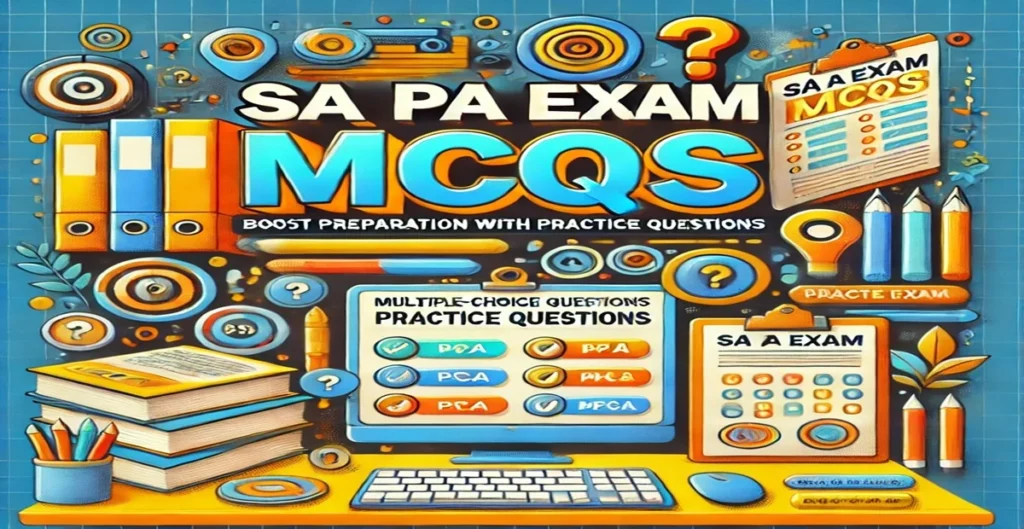The Prevention of Corruption Act 1988-Practice high-quality MCQs for the Inspector of Post Office (IPO) Exam covering key postal rules, procedures, and current schemes. Ideal for quick revision and accurate self-assessment based on the latest syllabus.
1.Which of the following best describes the extent of the Prevention of Corruption Act, 1988?
A) It applies only within the territory of India.
B) It applies only to Indian citizens within India.
C) It applies to all of India and to Indian citizens outside India.
D) It applies only to government employees in India.
2.Under the Prevention of Corruption Act, what is the definition of “Public Duty”?
A) A duty related only to government services.
B) A duty related to the community at large.
C) A duty for elected members only.
D) A duty that includes personal or family obligations.
3.Who qualifies as a “Public Servant” under the Prevention of Corruption Act, 1988?
A) Only government employees.
B) Only elected representatives.
C) Persons in government service, local authorities, or those receiving government aid, among others.
D) Only judges and court officers
4.What constitutes an “Undue Advantage” under the Prevention of Corruption Act?
A) Legal remuneration for public servants.
B) Any gratification, whether monetary or not, that is not legal remuneration.
C) Remuneration offered by private parties to public servants.
D) Only monetary gratification to public servants.
5.Who can appoint Special Judges for corruption-related cases under Section 3 of the Prevention of Corruption Act?
A) Only the Supreme Court of India.
B) Central or State Governments.
C) Public interest groups or NGOs.
D) Local magistrates.
6.What is the maximum time frame allowed for completing trials under the Prevention of Corruption Act?
A) One year.
B) Two years, extendable by six months at a time, but not exceeding four years in total.
C) Three years, extendable by six months.
D) Five years.
7.What powers does a Special Judge have under the Prevention of Corruption Act?
A) Power to dismiss cases without a trial.
B) Power to pass sentences authorized by law and follow CrPC procedures.
C) Power to issue warrants of arrest without investigation.
D) Power to reduce the sentence of any convict by half.
8.Under Section 6, for which type of cases may a Special Judge pass a sentence of imprisonment up to one year?
A) Cases involving bribery of private individuals.
B) Cases involving criminal misappropriation
C) Summary trials.
D) Trials involving fraud and financial misconduct
9.What is the punishment for a public servant accepting an undue advantage under Section 7?
A) Imprisonment for 3 to 7 years.
B) Imprisonment for 2 to 5 years.
C) Imprisonment for 5 to 10 years.
D) Imprisonment for 1 to 3 years.
10.What is the punishment for using illegal means to influence a public servant under Section 7A?
A) Imprisonment for 1 to 3 years.
B) Imprisonment for 3 to 7 years, along with a fine.
C) Imprisonment for 5 to 10 years.
D) Fine only.
